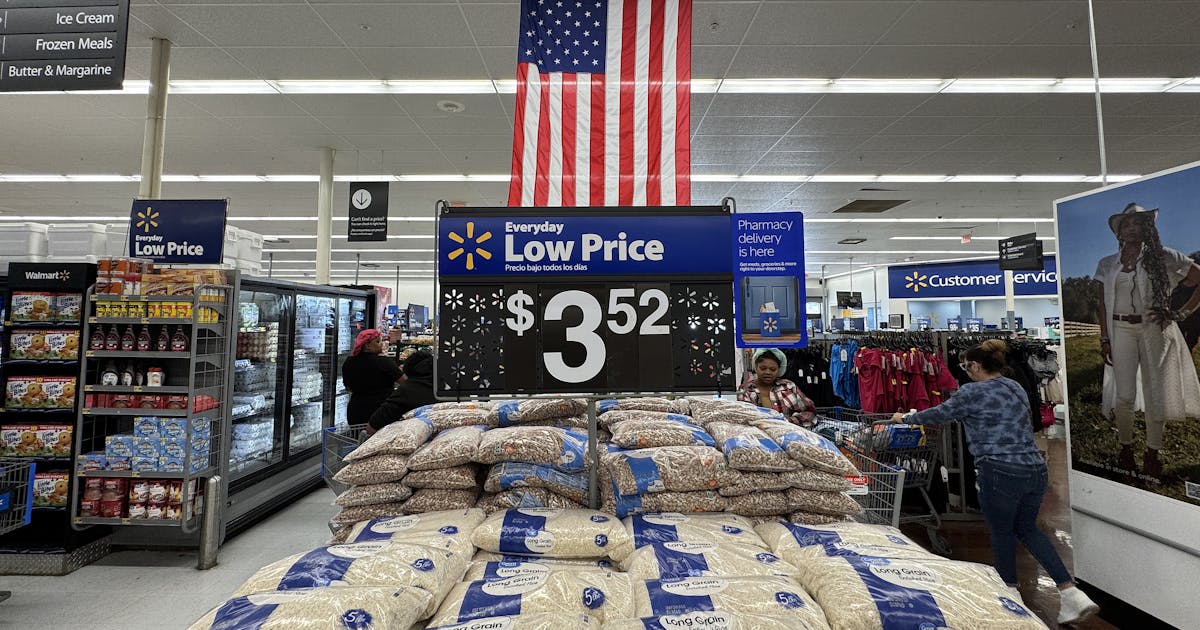There is also the psychology of pricing to consider. Eric Johnson, the director of the Center for the Decision Sciences at Columbia Business School, said consumers don’t have a great memory of the price they paid for something—though there are some exceptions: Consumers have a fixation with the cost of milk, for example, and big-ticket purchases, such as automobiles, tend to stick in the memory. Nevertheless, he says research has shown that consumers don’t always like when fees are partitioned out.
“People love all-in-one pricing, and they hate it when fees are broken out. There’s psychology about that, but basically you can imagine paying for something twice. It’s painful compared to paying the total amount, and you see this all around you,” he said.
There are some cases in which consumers respond well to this pricing, research suggests: when the total price is absent, when shoppers perceive themselves as being offered some kind of high benefit, or other factors. But in the current economic climate, it’s not clear that many companies would realize enough benefits from a positive consumer response to partition pricing to make it worth all of the attendant political risk—this despite the fact that firms could, in theory, play a role in building political pressure against tariffs. Trump has made it clear he’ll be contacting CEOs if he disagrees with their decisions, after he was asked about his call to Jeff Bezos.
